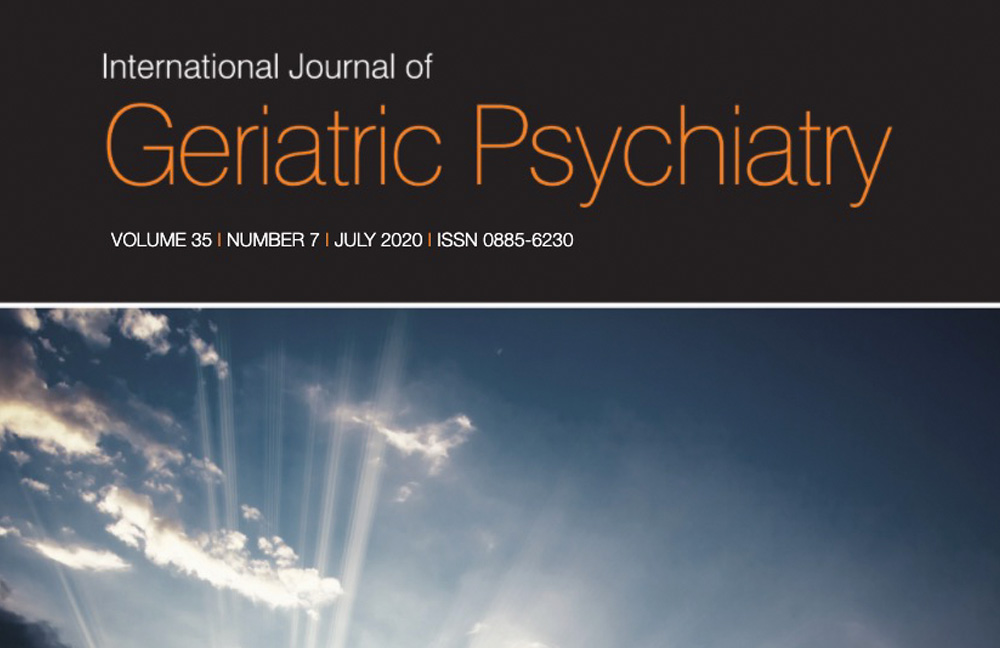A study carried out by IANEC shows the relationship of Alzheimer’s patients suffering from hypertension with cognitive impairment and neuropsychiatric symptoms.
The International Journal of Geriatric Psychiatry has just published the results of a study carried out by the Andalusian Institute of Neuroscience (IANEC) together with the University of Malaga with the aim of assessing the possible relationship between the presence of hypertension in patients with Alzheimer’s disease and the degree of cognitive and functional impairment, as well as the frequency and severity of neuropsychiatric symptoms in these patients.
Alzheimer’s disease (AD) is the major cause of dementia, accounting for 60-80% of all cases. Currently, there is no cure for AD and several large clinical trials using experimental disease modifying therapies for established AD have failed. Furthermore, drugs are being administered too late by the time substantial and irreversible synaptic and neuronal loss has already occurred in critical brain regions. Therefore, identifying potentially modifiable risk factors for AD is a key component in primary prevention and might lead to a reduction in AD incidence alleviating the burden on patients, caregivers, and society.
In this regard, it is estimated that a third of late life dementia might be attributable to modifiable risk factors. At present, there is an increasing evidence that suggests that midlife vascular risk factors (VRFs) such as hypertension (HTN), heart disease, dyslipidemia, obesity, smoking, and diabetes could be linked to cognitive impairment and late-life incident AD. Furthermore, treatment of VRFs in older patients has been associated with slower cognitive decline and later disease onset. Among these risk factors, hypertension may be the most damaging.
The precise mechanisms linking hypertension and AD are not well known but are presumed to be complex and may involve diverse processes including inflammatory processes, structural changes, and cerebral ischemia favoring cognitive decline and pathology in dementia.
The objective of this study was to investigate the relationship of hypertension with AD in order to elucidate the underlying mechanisms that may link AD and hypertension. We investigate whether hypertension is associated with clinical manifestations and brain structural changes and vascular pathology in patients with AD.
We studied 92 patients with dementia-type Alzheimer’s attending the Memory Clinic of the Andalusian Institute for Neuroscience in Málaga, Spain.
The results showed that hypertension appears to negatively affect cognitive and neuropsychiatric function in patients with AD. Effective management of hypertension may potentially have a therapeutic role in the alleviation of symptoms in AD and play an important role for the prevention of AD. Prospective studies investigating the trajectories of hypertension and clinical manifestation of AD will help to better understand the pathophysiology of AD.

